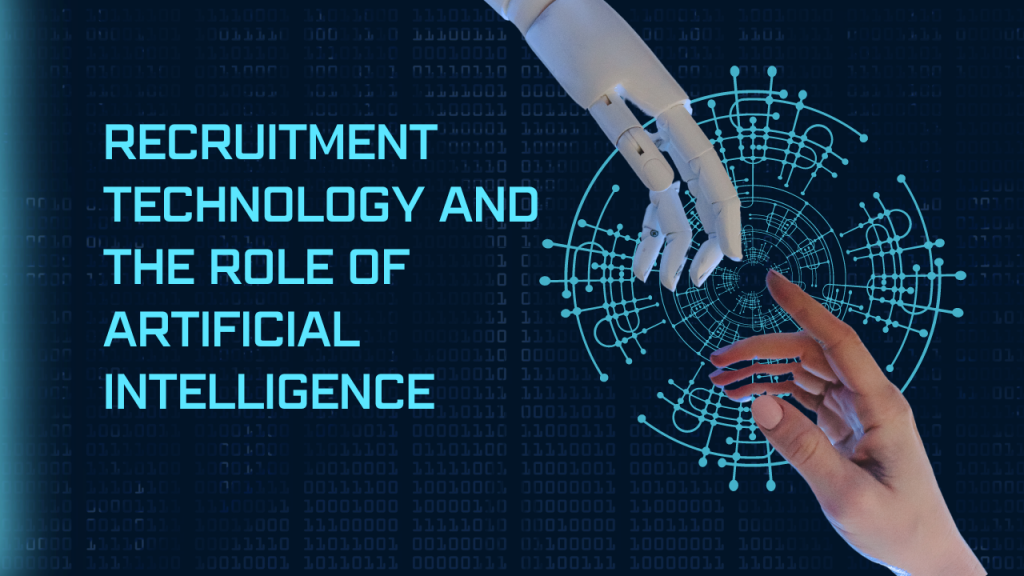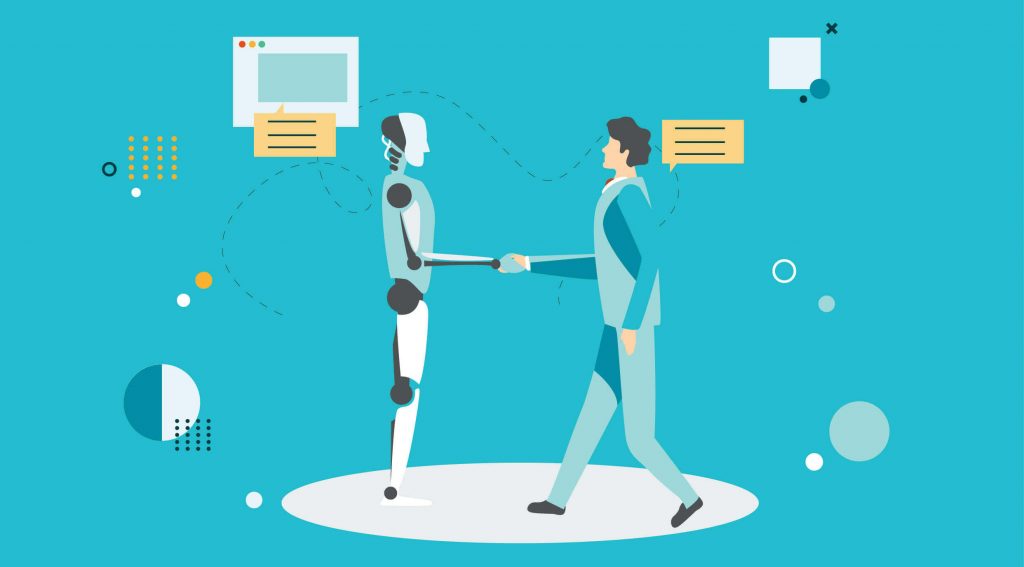
In the digital era, recruitment technology has undergone a significant transformation, with the integration of artificial intelligence (AI) revolutionizing the hiring process. AI-powered solutions have reshaped various aspects of talent acquisition, enhancing efficiency, reducing bias, and providing valuable insights. This blog post explores the role of AI in recruitment technology and its profound impact on the hiring landscape.
- Resume Screening and Candidate Matching: Traditional resume screening can be time-consuming and prone to human bias. AI algorithms have transformed this process by automating the analysis and screening of resumes. These algorithms assess qualifications, skills, experience, and other relevant factors to identify the most suitable candidates for specific roles. By speeding up the initial screening stage, AI helps recruiters save time and focus on strategic activities.
- Chatbots and Virtual Assistants: AI-driven chatbots and virtual assistants have become indispensable tools in recruitment. These intelligent systems engage with candidates, answer their queries, schedule interviews, and provide updates on the hiring process. Chatbots enhance candidate experience by delivering personalized responses promptly, even outside regular business hours. By handling routine tasks, they enable recruiters to concentrate on building meaningful connections.
- Talent Sourcing and Passive Candidate Engagement: AI simplifies talent sourcing by leveraging machine learning algorithms to scan various platforms, professional networks, and social media. These algorithms identify potential candidates based on specific criteria, such as skills, experience, and job preferences. Additionally, AI helps recruiters engage with passive candidates by providing targeted recommendations and personalized outreach strategies, expanding the talent pool.
- Video Interviews and Assessments: Remote hiring has become prevalent, and AI has stepped in to facilitate the process through video interviewing platforms. These platforms conduct automated video interviews, record responses, and analyze non-verbal cues using natural language processing and facial recognition technologies. AI algorithms assess candidate responses, body language, and facial expressions, providing recruiters with valuable insights for more informed hiring decisions.
- Predictive Analytics and Decision Support: AI empowers recruiters with predictive analytics capabilities, enabling data-driven hiring decisions. By analyzing historical data, AI algorithms identify patterns and trends related to successful hires, employee performance, and retention rates. This information helps recruiters optimize their hiring strategies, identify potential red flags, and make more accurate predictions about candidate fit and future job performance.
- Diversity and Inclusion: AI plays a crucial role in promoting diversity and inclusion in the recruitment process. By removing demographic information from resumes during screening, AI helps reduce unconscious bias and ensures fair evaluation of candidates. Additionally, AI algorithms can be trained to recognize and flag biased language or job descriptions, encouraging organizations to create more inclusive job postings and attract diverse talent.

Recruitment technology empowered by AI has revolutionized the hiring process, enabling organizations to attract, assess, and hire talent more efficiently and effectively. Through automated resume screening, chatbots, talent sourcing, video assessments, predictive analytics, and promoting diversity, AI-driven solutions provide immense value to both recruiters and candidates. As technology continues to advance, we can anticipate further innovations in recruitment, propelling the industry toward greater success in the future.
